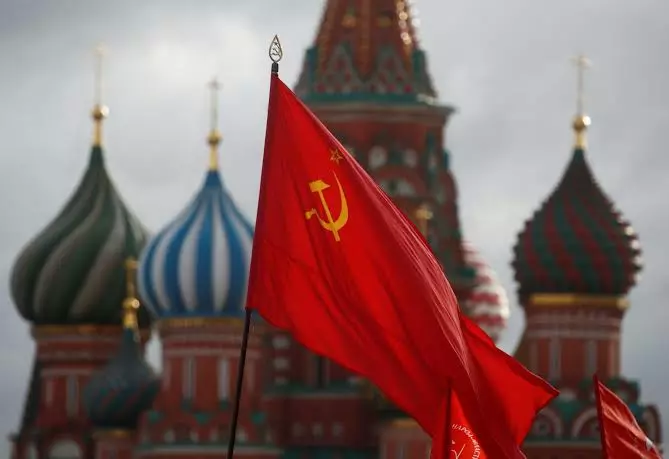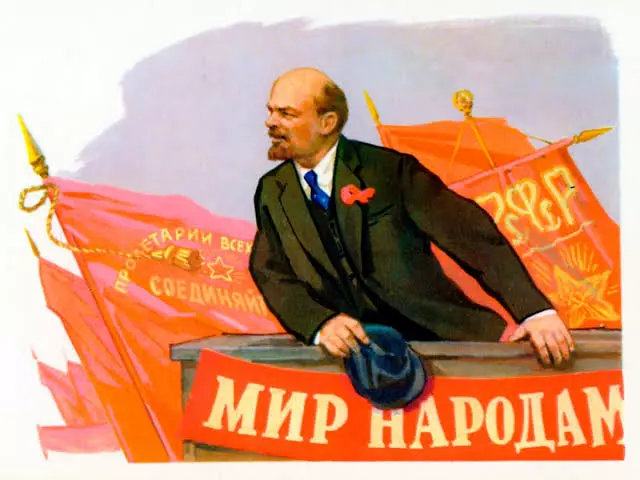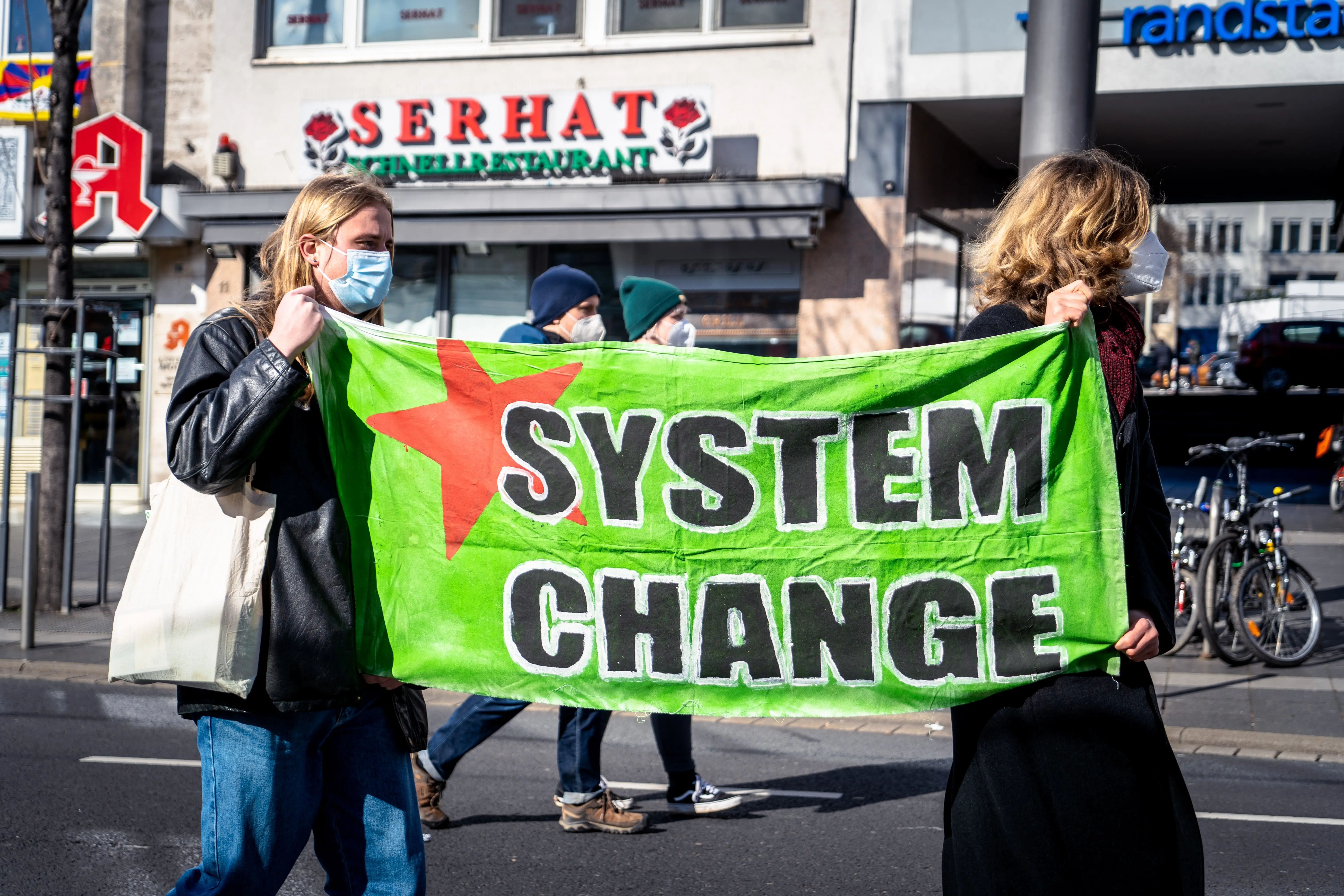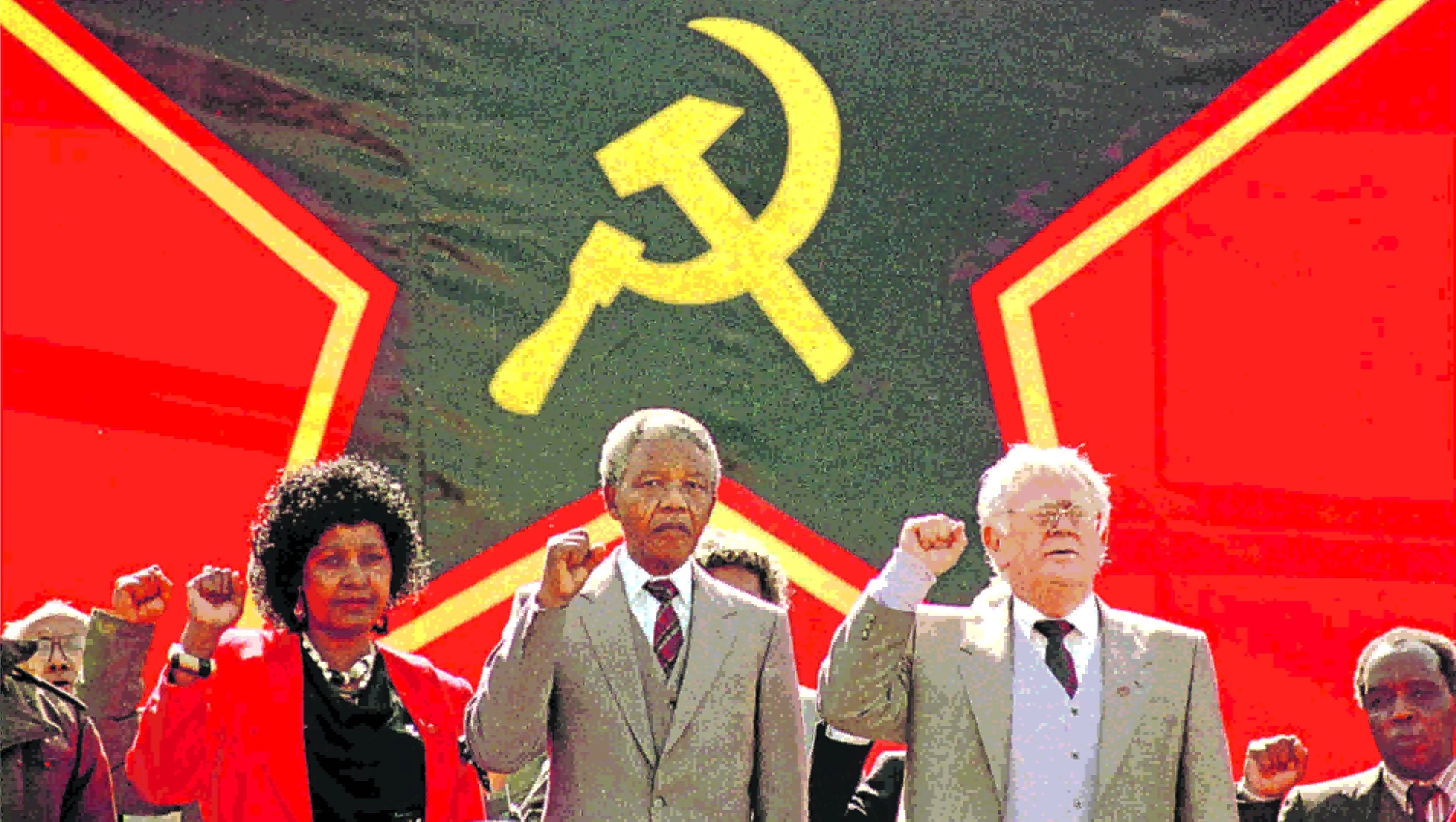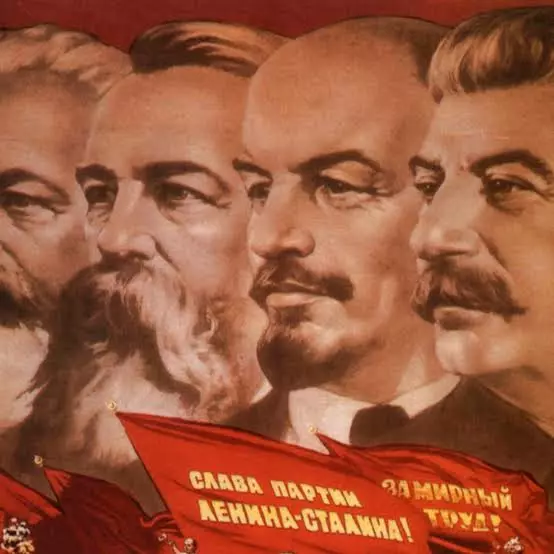Part: 2
II. Liberalism, Neoliberalism and the Liberal-Fascist Bargain
Upon a proper analysis, we see that liberalism-far from what Griffin alleges-is instrumental to fascism. Indeed, it is not wholly liberal-but liberalism is the ideology from which it is an outgrowth. For the purposes of applying this as part of our definition, we must too define liberalism. Liberalism can be defined as ‘freedom’ of the individual through the lens of the bourgeois, predicated on numerous tenants, viz., representative democracy (wherein constituents defer to their representative and the sovereignty of their parliament, as Burke outlined), free markets, private property and freedom of the individual. This system sprung forth from the Enlightenment and the increasing power of the bourgeois class-which overthrew the feudal ruling class of the aristocratic nobles. It has since divided itself into many cliques; Classical Liberalism (Conservatism), Social Liberalism, Social Democratism and Neoliberalism. Neoliberalism, made particular by its globalism and individualism that reacts against social democratic principles, is currently the dominant clique. These factions are united by their dedication to private property and to the bourgeois state; the economic base of capitalism with a liberal democratic state ruling the superstructure that maintains it. The bourgeoisie will always be a class defined by liberalism, therefore the bourgeoisie will always be liberal.
The politics of liberal democracy in any country can be defined by a major Conservative
(Classical Liberal) party and a major Liberal/Social Democratic (Social
Democratic/Bourgeois Socialist) party. The latter can be defined by this passage in The Communist Manifesto:
“A part of the bourgeoisie is desirous of redressing social grievances in order to secure the continued existence of bourgeois society.
To this section belong economists, philanthropists, humanitarians, improvers of the condition of the working class, organisers of charity, members of societies for the prevention of cruelty to animals, temperance fanatics, hole-and-corner reformers of every imaginable kind. This form of socialism has, moreover, been worked out into complete systems…
The Socialistic bourgeois want all the advantages of modern social conditions without the struggles and dangers necessarily resulting therefrom. They desire the existing state of society, minus its revolutionary and disintegrating elements. They wish for a bourgeoisie without a proletariat. The bourgeoisie naturally conceives the world in which it is supreme to be the best; and bourgeois Socialism develops this comfortable conception into various more or less complete systems. In requiring the proletariat to carry out such a system, and thereby to march straightway into the social New Jerusalem, it but requires in reality, that the proletariat should remain within the bounds of existing society, but should cast away all its hateful ideas concerning the bourgeoisie”
Marx correctly anticipated the modern state of liberal two-party systems; a classical party that allows capitalist contradiction to accelerate with a bourgeois socialist party that stagnates the ratchet; reigning in capital to delay crashes with some piecemeal regulations. Occasionally this opposition is social democratic-satiating the population with similarly weak reforms paid for by the exploitation of the colonised that will be rolled back by the successive classical economists. Both major parties work to uphold a system that is ultimately liberal.
Of course, meagre reforms cannot stop the market from failing, as Engels noted in The Principles of Communism:
“In a short while, more was produced than was needed.
As a consequence, finished commodities could not be sold, and a so-called commercial crisis broke out. Factories had to be closed, their owners went bankrupt, and the workers were without bread. Deepest misery reigned everywhere.
After a time, the superfluous products were sold, the factories began to operate again, wages rose, and gradually business got better than ever…

Ever since the beginning of this (19th) century, the condition of industry has constantly fluctuated between periods of prosperity and periods of crisis; nearly every five to seven years, a fresh crisis has intervened, always with the greatest hardship for workers, and always accompanied by general revolutionary stirrings and the direct peril to the whole existing order of things”
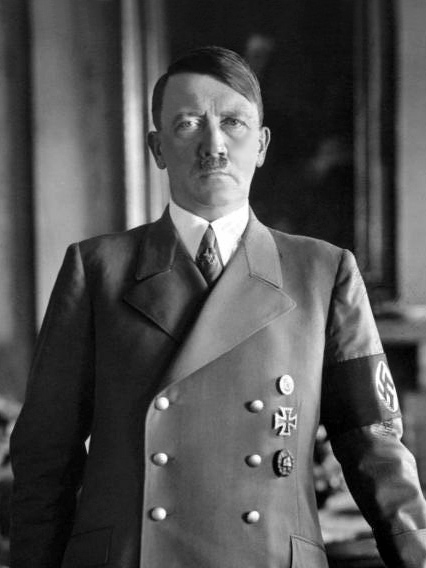
These ‘general revolutionary stirrings’ are of great threat to the liberal-as were the revolutionary stirrings of the bourgeois a great threat to the feudal lords. In times of crisis, the liberal bourgeois must complete a number of tasks to avoid revolution:
1. Satiate the proletariat.
2. Reduce class consciousness, likely by use of a scapegoat.
3. Resume the engines of capitalism by finding new avenues for market expansion.
Let us draw our attention to the attempted revolution of the Spartacists in 1919-where we see an early form of the fascist idea. The uprising was put down by the Freikorps-a far right group of soldiers from WWI who had kept their arms-under the command of the Social Democrats in government. We see an armed group, supported by the liberal state, used to put down socialist rebellion whilst themselves induced by the ideas of returning to an idealised past (The time of the Kaiser). However, we also see how this backfired with the Kapp Putsch as the Freikorps turned on the state. They certainly had elements of palingenesis and of ultranationalism (especially with their desire to fight against the diktat imposed by the victors of WWI) but both of these had to be strengthened. We see this with NSDAP; Strengthening palingenesis in their propaganda and ultranationalism in their demands for ‘colonies’ to ‘feed our people’ in their 1924 25-Point Programme. They weaponised hatred for Jews and Slavs to make their demands for lebensraum into Eastern Europe whilst placing the blame for the current crisis on the myth of Jews controlling banking, comfortably protecting the bourgeois. There were socialist elements to this programme, but they were wholly defeated following the Bamberg Conference in 1926 and completely purged after the 1934 Night of the Long Knives. Here we see fascism being cemented as more bourgeois influence enters. Not only did bourgeois money come flowing to the party in an effort to have them defeat the KPD in Reichstag elections, but we see fascism take on an important liberal concept; competition. Liberalism is based on the ‘freedom’ of the individual-assuming that any one individual can ‘make it’ through hard work and other qualities (Which we shall discuss when we look to Malthusian influences). The fundamentals of free market economics and private property ensure that the ‘individual’ is always in a state of competition-worker competing with worker, bourgeois competing with bourgeois. This is expanded on with neoliberalism’s belief that there is ‘no society’. Fascism runs with this; not merely with its need to prove strong in a competition of nations and of cultures but also in the market. Fascism furthers the Malthusian concept that the state should not care for those who cannot work by sterilising and murdering them (We shall look more to this too in a moment).
Most damning is the liberal-fascist bargain seen with the effects of fascism-indeed, fascists have always returned on the investments of the liberal bourgeois. The first mass privatisation project was that of the Nazis, to quote Germa Bel5:
"It is a fact that the government of the National Socialist Party sold off public ownership in several state-owned firms in the middle of the 1930s. The firms belonged to a wide range of sectors: steel, mining, banking, local public utilities, shipyard, ship-lines, railways, etc. In addition to this, delivery of some public services produced by public administrations prior to the 1930s, especially social services and services related to work, was transferred to the private sector, mainly to several organizations within the Nazi Party."
The Nazis privatised public services, abolished trade unions, started an imperial war as they invaded numerous countries to settle and to exploit indigenous labour (a concept dialectically rooted in the liberal American Revolution’s ‘Manifest Destiny’ scheme) so German firms could spread and produced propaganda that connected their lies about Jews with lies about Bolshevism; creating the ‘Judeo-Bolshevism’ line of propaganda to slander communism and to justify to the German public genocide against the slavic peoples. We can map similar economic concepts onto the fascists in Italy and in Japan. In Chile, Pinochet’s reign came as the result of neoliberalism’s beginning; installed by the CIA to destroy the reforms of Allende-privatisation and the destruction of communist movements having become far more refined by this point. Similar economic concepts to this can be mapped onto the US-backed regimes installed throughout Latin America throughout this era. As the workers suffer immeasurably, as scapegoated groups are faced with genocide, the liberal bourgeois is safely secured with new profits.
Now, what of Griffin’s point that fascism is ‘anti-liberal’? This would point to how fascists change the superstructure of society to maintain the economic base; their reversals of expanded rights for women and minorities and their attacks on religious pluralism-not to mention their removal of liberal democratic parliaments from being in session. Firstly, despite ‘democracy’ being removed the fascists are still funded by the liberal bourgeois; the state is differently composed but still very much a dictatorship of the bourgeoisie. Secondly, we must realise that liberalism itself is not coherent (The individual cannot move between classes as simply as the philosophy would suggest, for instance) and thus its dialectical outgrowth (fascism) is similarly incoherent. Furthermore, the movements of oppressed groups (inhibited by liberalism’s need for colonisation and for the oppression of women) have been the successes of needing to satiate demanding masses with movements such as the Suffragetes and the numerous slave rebellions. It is the oppressed that force these changes-that force their liberation. It is not given, it is seized. This in mind, the decrying of these liberal reforms were not on the basis of liberalism itself but on the basis of conflating liberalism with leftism-with conflating revolutionism and historical progress as ‘cultural degeneracy’ moving further from the deified period. To quote a poignant passage from The Communist Manifesto:
“Where is the party in opposition that has not been decried as communistic by its opponents in power?”
